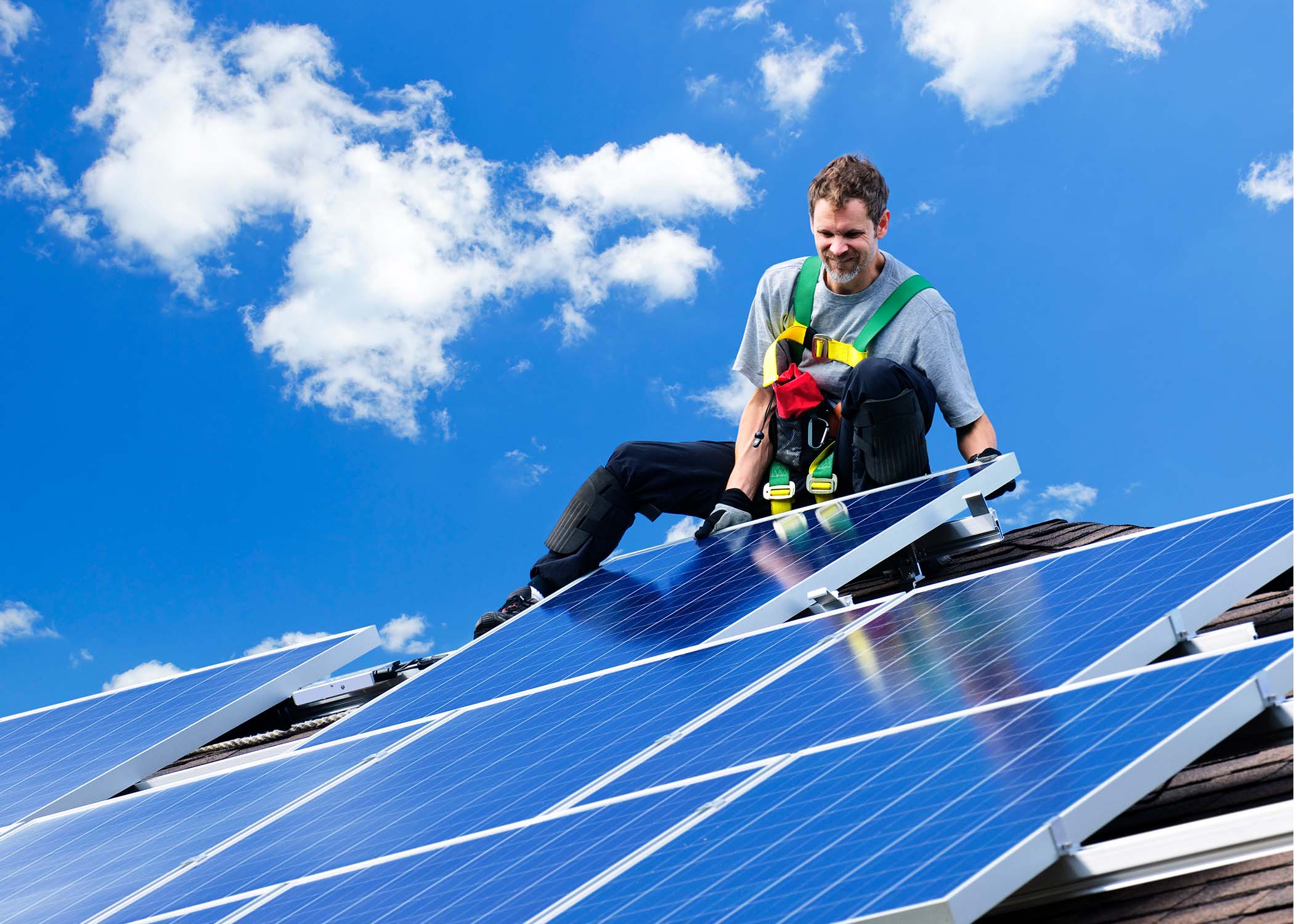Self-sufficiency is probably pretty important to you if you’re interested in farming.
You may have thought about living off the grid.
The idea of resource independence is appealing: No more water or power bills.
Think of the money you’d save!
If you could create an off-grid farm, you could be as close to self-sustaining as possible in the modern world.
Fortunately, living a life off the grid while farming is feasible.
Here are five steps to get you there.
1. Pick the Right Location for Your Off-Grid Farm
Location is a significant consideration for farming and off-grid living.
Living in a remote area is just one consideration.
Other factors come into play, including:
- Zoning laws and building codes
- Regulations for electricity and waste
- Land prices
- Climate and weather patterns
- Property taxes
While it isn’t technically illegal to build an off-grid farm in any state, some places make it exceptionally costly to do so.
2. Think About Your Farming Options
If you want to live and farm off the grid, you should consider your farming options carefully.
You have plenty of choices that aren’t energy-intensive, but you may require refrigeration, extra lighting, and fuel for machinery.
Knowing what kinds of plants grow well in your chosen location reduces your need for additional resources.
3. Consider Your Electricity Needs
Power is one of the most important considerations for creating an off-grid farm.
You need a reliable way to generate and store electricity without any help from the utility company, and you must produce enough to power your home and farm.
An off-grid solar system includes everything you see in a grid-tied system, plus batteries for storage, battery chargers, and generators for backup power.
People who live off the grid often utilize solar as their primary energy source, but they may also supplement with wind energy.
4. Consider Your Water Needs
Living off the grid means that you aren’t connected to city water.
You should make sure your off-grid farm has access to the water you need for your home usage as well as for growing food and raising animals.
Weather patterns are essential, but you likely won’t get everything you require from annual rainfall or snowmelt.
Drilling a well is your most reliable option, and you can power it using solar.
5. Think About Waste Management
Waste management is an easily overlooked challenge in living off the grid.
You may think it’s evident to compost garden and kitchen waste, but you also need to consider dealing with human waste without a sewer connection.
Fortunately, it, too, is compostable if you do it right!
Make sure to think about what to do with any trash that isn’t compostable.
Get a Solar System for Your Off-Grid Farm
At Unbound Solar®, we applaud your desire to start an off-grid farm, and we’re here to assist in any way we can.
We provide educational resources and training for those who want to install their system themselves but provide guidance if you’re hiring your own installer.
Our team is happy to talk to you about designing a solar system that meets your needs.
Get in touch today if you have any questions or want more information!



